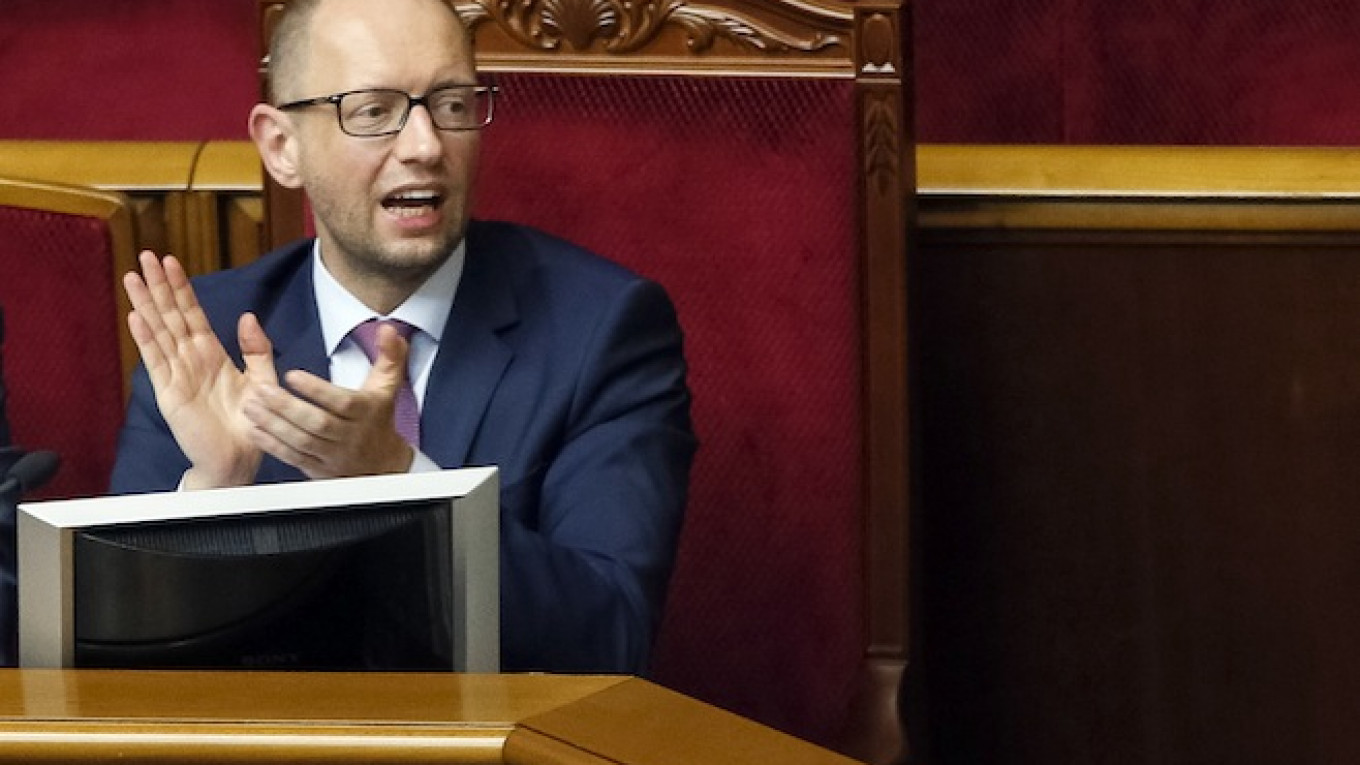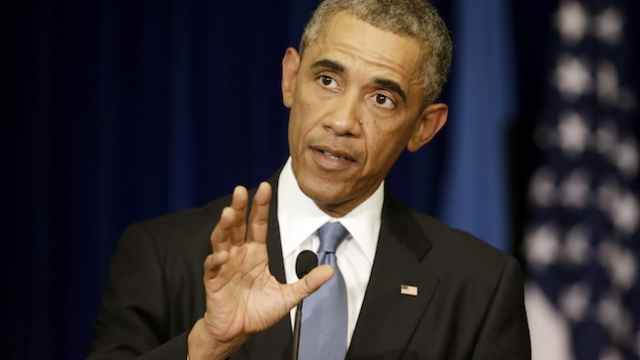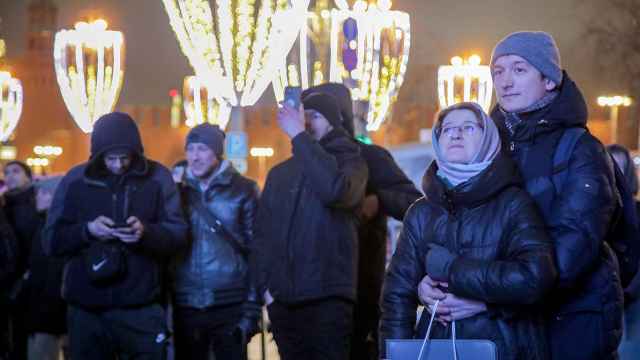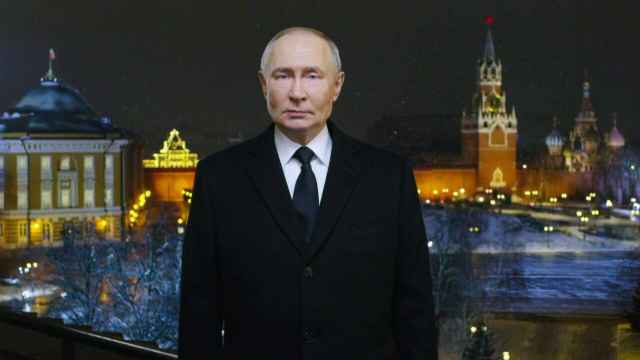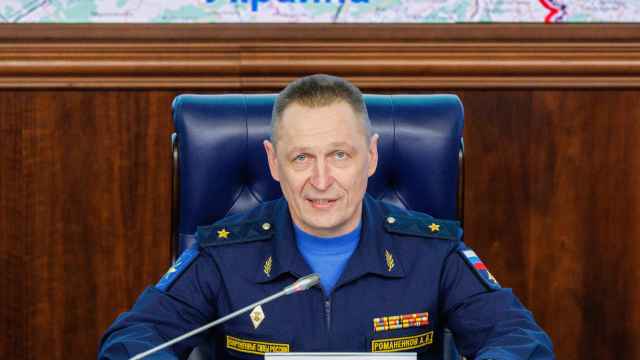Ukraine's Prime Minister Arseny Yatsenyuk on Wednesday branded Russia a "terrorist state" over its actions in eastern Ukraine and reaffirmed Kiev's desire to join the NATO alliance, which will hold a two-day summit this week.
Yatsenyuk also told a televised cabinet meeting that separatists were deliberately targeting energy infrastructure in eastern Ukraine and he detailed plans to compensate lost supplies of both natural gas and coal.
His remarks came as spokesmen for Ukrainian President Petro Poroshenko and his Russian counterpart Vladimir Putin said the two had discussed possible peace measures in a telephone call.
The Kiev spokesman said they had agreed on a "permanent cease-fire" in eastern Ukraine's Donbass region, but in Moscow Putin's spokesman denied this because he said Russia itself was not a party to the conflict.
"Russia is a terrorist state, it is an aggressor state and will bear responsibility under international law," Yatsenyuk said, using tough rhetoric partly aimed at Ukraine's Western backers before a NATO summit opening in Wales on Thursday.
"Concerning NATO, I consider the most correct decision would be one to accept Ukraine as a member of NATO," Yatsenyuk said.
Last week, Yatsenyuk announced plans to submit a draft a law in parliament to scrap Ukraine's non-aligned status and steer a course towards NATO membership. The alliance is highly unlikely to admit the impoverished former Soviet republic of 45 million people as a member.
Yatsenyuk also said Wednesday Ukraine was pressing ahead with a project to build what he called a "real state border" between his country and Russia, without elaborating.
Since the collapse of the Soviet Union in 1991, the 2,295 kilometer land border between the two countries has been largely porous, a fact Kiev says has helped fighters and weapons to pass freely from Russia onto its territory.
Russia denies directly helping the rebels, despite what the West and Kiev say is overwhelming evidence to the contrary.
Energy Needs
Commenting on his country's energy woes, Yatseniuk said Ukraine needed to buy some 25 billion cubic meters of natural gas to meet its annual needs. Russia cut off its exports to Ukraine in July in a dispute over pricing.
Ukraine will receive 10 billion cubic meters from its western neighbor Slovakia and 5 billion from Hungary and Poland, he said. Its current gas reserves total 16 billion cubic meters, the prime minister added.
"The Russian bandits and terrorists are deliberately destroying the energy system of Ukraine, knowing that restoring it will cost billions," he said.
Ukraine's security council said on Wednesday the separatists also posed a threat to Europe's imports of Russian gas.
"Russian mercenaries have begun actions which may lead to the destruction of the gas transit system on the temporarily occupied territory (of eastern Ukraine)," the council's press service said in a statement.
"This may pose a threat to supplies of gas to Europe."
Half of Russian gas exports to Europe cross Ukrainian territory, including parts of the east now in the hands of separatists.
A Message from The Moscow Times:
Dear readers,
We are facing unprecedented challenges. Russia's Prosecutor General's Office has designated The Moscow Times as an "undesirable" organization, criminalizing our work and putting our staff at risk of prosecution. This follows our earlier unjust labeling as a "foreign agent."
These actions are direct attempts to silence independent journalism in Russia. The authorities claim our work "discredits the decisions of the Russian leadership." We see things differently: we strive to provide accurate, unbiased reporting on Russia.
We, the journalists of The Moscow Times, refuse to be silenced. But to continue our work, we need your help.
Your support, no matter how small, makes a world of difference. If you can, please support us monthly starting from just $2. It's quick to set up, and every contribution makes a significant impact.
By supporting The Moscow Times, you're defending open, independent journalism in the face of repression. Thank you for standing with us.
Remind me later.


